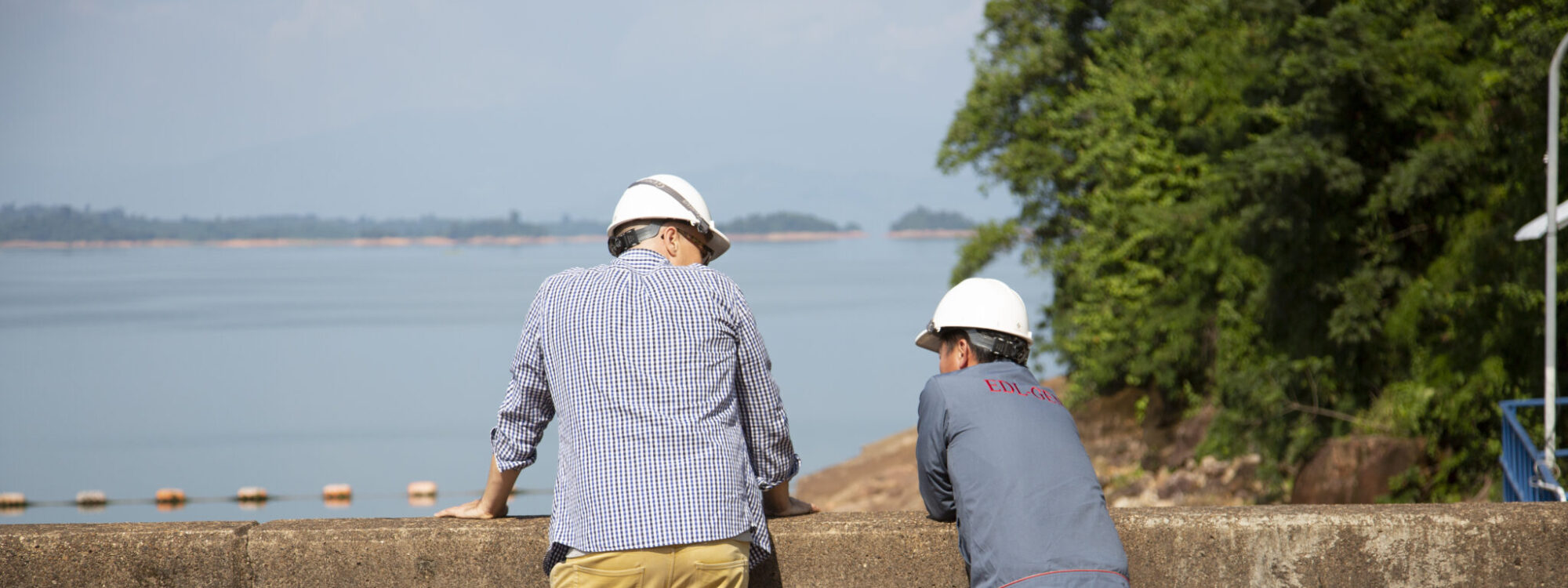FAIR
The Fair, Inclusive and Sustainable Energy Transition in Lao PDR (FAIR) research project investigates strategies for promoting social equity within energy policy development and implementation in Lao PDR, focusing on marginalised groups. The study explores participatory approaches, frameworks for integrating local knowledge, and methodologies that address these groups’ unique socio-economic and sustainability challenges. The project develops plans and methodologies for the construction of strategies, tools and policies to reduce the barriers to a fair and sustainable energy transition in Lao PDR.
Period: 01/03/2025 to 31/12/2026
Consortium:
- Finland Futures Research Centre, University of Turku
- Laos Social Research
- Ministry of Energy and Mines, Lao PDR
- National University of Laos, NUOL
Funding: Climate Compatible Growth, UK Aid
Research Aims and Objectives
Specific objectives:
- Assessing the impact of energy transition policies on social equity: This objective seeks to evaluate how current energy policies affect different marginalised groups, particularly the elderly, women, youth, refugees, people with disabilities and ethnic minorities, and to identify gaps in these policies.
- Identifying key barriers and facilitators for promoting social equity: This involves examining the institutional, socio-economic, and cultural factors that hinder or support marginalised groups’ inclusion in energy policy development and projects.
- Proposing frameworks and methodologies for inclusive energy policy design: This objective will focus on identifying the effective participatory approaches and governance structures for engaging marginalised groups in energy policy, with attention to how local knowledge can inform policy decisions.
- Developing strategies for measuring social impacts: The study will explore tools and methodologies to assess the social impacts and sustainability of energy policies on marginalised groups, providing recommendations on how these assessments can be used to inform future policy decisions and promote a just energy transition.
Methodology
This project adopts a multi-method approach to assess the equitable energy transition in Lao PDR. By fostering collaboration among regional development organizations, ministries, research units, civil society, and investors, the project benefits from an interdisciplinary framework to address the potential and challenges of equitable energy transitions.
- Literature Review: Horizontal scan of academic literature, government, NGO, INGO reports, focusing on energy transition, social equity, and inclusion, identifying gaps and key themes.
- Qualitative Methods:
- Structured In-depth Interviews: Conducted with government officials, NGOs, communities and marginalized groups capturing insights on policy implementation, personal experiences, and barriers to equity.
- Focus Group Discussions (FGDs): For urban and rural populations, different ethnicities, women, girls, and elderly, exploring specific challenges, various perspectives and identifying potential solutions.
- Case Studies: Selected representative communities will provide detailed insights into lived experiences and challenges related to energy transition.
- Quantitative Methods:
- Data Collection: Focused on socio-economic status, access to services, perceptions of equity and inclusion identifying significant patterns and differences among population groups.
- Sustainability Analysis: Sustainability Window and Doughnut Analysis, Synergy and Decomposition Analysis of key drivers (e.g., water-food-energy resilience).
- Participatory Methods:
- Community Workshops: Involving community members, local leaders, and stakeholders to validate findings and collaboratively develop policy recommendations.
- Futures Workshops: Involving academics and policy planners and applying cross impact analysis to guide strategic policy planning.
Contact
Anaely Saunders Vazquez, Project Researcher, Finland Futures Research Centre
Jyrki Luukkanen, Docent, Finland Futures Research Centre

